More speakers are being added as the event gets closer; check back to see the latest!
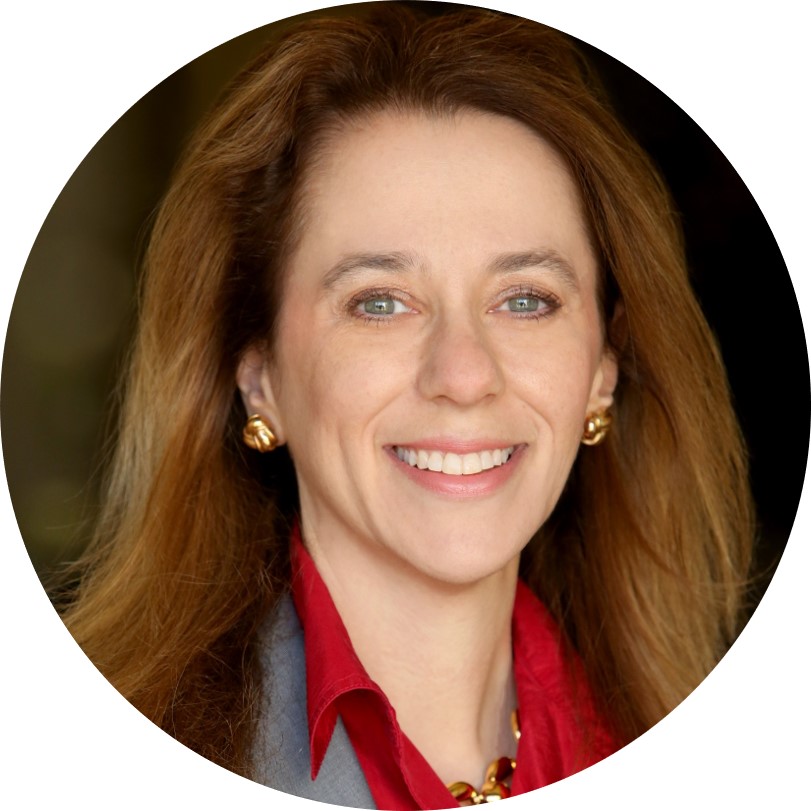
Andrea Belz, NSF
Andrea Belz joined the National Science Foundation (NSF) in May 2019 as the Division Director of Industrial Innovation and Partnerships (IIP), which manages America’s Seed Fund powered by the NSF, the NSF Innovation Corps (I-Corps™), Partnerships for Innovation and Industry-University Cooperative Research Centers (IUCRC). Previously, Andrea served as Vice Dean for Technology Innovation and Entrepreneurship in the University of Southern California (USC) Viterbi School of Engineering, as well as Entrepreneur-in-Residence (Technology) of Industrial and Systems Engineering. She was previously a Visiting Professor of Engineering and Applied Sciences at the California Institute of Technology. From 2014 to 2019, Andrea was the Founding Director of Innovation Node-Los Angeles, a regional hub for the NSF I-Corps program. She has worked with many university startups and investors, most recently representing a major angel investing group on the board of a Caltech spinoff laser manufacturer until its acquisition in 2018. For nearly 20 years, Andrea has advised universities, corporations and other organizations on commercialization opportunities as managing member of the Belz Consulting Group. Her recent research has focused on technology ventures, from startups through publicly funded launch programs to private funding. Andrea has authored or co-authored dozens of refereed articles, peer-reviewed conference presentations and proceedings on technical topics and innovation, and she authored a book on product development. Belz earned her bachelor’s degree at the University of Maryland at College Park and doctoral degree at the California Institute of Technology, both in physics; she earned her master’s degree in finance at Pepperdine University Graziadio School of Business.

Erwin Gianchandani, NSF
Dr. Erwin Gianchandani is the National Science Foundation’s (NSF) Acting Assistant Director for Computer and Information Science and Engineering (CISE). In this role, he guides the CISE directorate in supporting fundamental and transformative research, the development and use of cyberinfrastructure across the science and engineering enterprise, and the education of a diverse workforce of researchers and practitioners. He oversees strategic and human capital planning, formulation and implementation of the directorate’s nearly $1 billion annual budget, and day-to-day operations. He has served as the NSF/CISE Deputy Assistant Director since 2015, and has led the development, launch, and implementation of several new NSF investments, including Smart & Connected Communities, Platforms for Advanced Wireless Research, and the National Artificial Intelligence Research Institutes. Before joining NSF in 2012, Dr. Gianchandani was the inaugural Director of the Computing Community Consortium (CCC), providing leadership to the computing research community in identifying and pursuing audacious, high-impact research directions. Prior to that, he was the Director of Innovation Networking at the University of Virginia, reporting to the university’s Vice President for Research. Dr. Gianchandani has authored or co-authored numerous publications in computational systems modeling of biological networks, with the goal of understanding disease mechanisms and identifying therapeutic targets. He earned his Ph.D. and M.S. in biomedical engineering and his B.S. in computer science from the University of Virginia.
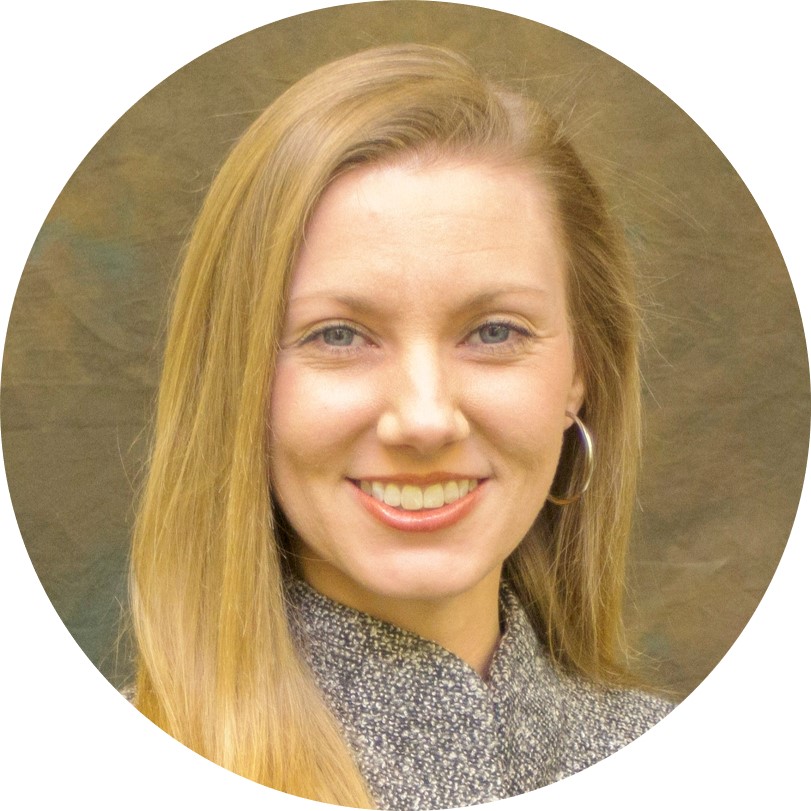
Cynthia Sides, University of Arkansas
Dr. Cynthia Sides is the Director of Innovation and Industry Partnerships at the University of Arkansas. In this role, she facilitates collaboration between industry, non-profits, communities, and the university through university research, innovation, and economic development. She also leads the research development efforts at the university. Sides directs the PAAD (Professional Awareness, Advancement, and Development) program and assists with and mentors for the I-Corps program. She also teaches Emerging Technologies in Industry, an interdisciplinary graduate course for students who wish to learn more about career opportunities and industries, generate ideas and solutions to company challenges, and explore research commercialization.

Peter Dorhout, Kansas State University
Dr. Peter K. Dorhout serves as Professor of Chemistry and Vice President for Research at Kansas State University, where he had also served four years as dean of the College of Arts & Sciences. Prior to coming to Kansas State in 2012, he served as Provost at Colorado State University-Pueblo, preceded by 20 years at CSU-Fort Collins as Vice Provost for Graduate Studies and Professor of Chemistry. He is a collaborator at Los Alamos National Laboratory. He has served as a member of the Board of Directors for the American Chemical Society, where he was the 2018 President.

Sandra Brown, UC San Diego
Sandra Ann Brown, Distinguished Professor of Psychology and Psychiatry, and Vice Chancellor for Research at UC San Diego. Vice Chancellor Brown administratively manages the Office of Research Affairs, a $1.3 billion research enterprise charged with creating opportunities, enhancing the research experience, developing tools and training to improve research administration, and supporting and promoting university innovations while ensuring compliance with state and federal regulations. She oversees the Office of Innovation and Commercialization, Animal Care and Animal Welfare, Contracts and Grants, Research Ethics, Government Research Relations, University-Industry Relations, Conflict of Interest, Postdoctoral and Visiting Scholars programs, and campus Organized Research Units.
Under her leadership, UC San Diego has achieved multi-year, billion-dollar investments in research and the university’s top-five ranking as one of the nation’s premier public research universities. She designed and implemented major transformations of research structures and processes to enhance the university’s competitiveness. She launched the Office of Innovation and Commercialization to accelerate UC San Diego related start-up companies that have now doubled, and improved training to help prepare trainees for future research careers. She serves on the Board of Directors of Biocom, CONNECT and CleanTech San Diego, and chair-elect of the Association of Public and Land-Grant Universities (APLU) Council on Research.
Dr. Brown is a Distinguished Professor in two UC San Diego departments: Psychology and Psychiatry. Her pioneering studies of youth addiction and adolescent development have led to 26 federally funded grants including the current National Consortium on Alcohol and Neurodevelopment in Adolescence (NCANDA) and Adolescent Brain Cognitive Development (ABCD), which is the largest longitudinal study of youth development ever funded by NIH. In addition to over 300 peer reviewed publications and one book (Adolescent Substance Abuse, Oxford Press), she previously directed the development of clinical, education and research activities as the Chief of Psychology at the Veterans Affair Health Services System in San Diego.
She earned her Ph.D. in clinical psychology at Wayne State University in 1981, and is licensed as a psychologist by the California Board of Psychology..
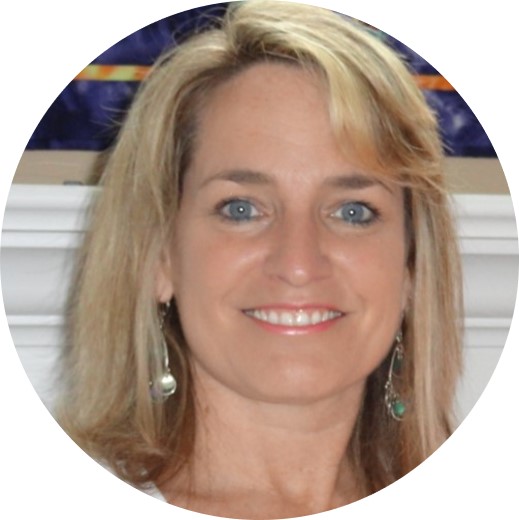
Jenny Moe, The Procter and Gamble Company
Jenny leads the Corporate Open Innovation Program for R&D in the Americas at the Procter and Gamble Company. Her primary focus is on accelerating innovation through external partnerships that include academia. Jenny has spent the majority of her 26 – year career at Procter and Gamble developing products for the Fabric Care category, focusing on the front end of innovation of formulated products. She led innovation programs ranging from the translation of new garment benefits into technical and consumer models to the development of new materials and fabric care formulations. She led multiple alliance programs for P&G with both the appliance industry in the US and strategic chemical suppliers for the Fabric Care business. Jenny holds a PhD in Organometallic Chemistry from the University of North Carolina at Chapel Hill.

Jay Walsh, Northwestern University
Jay Walsh is now Northwestern University’s senior advisor to the president for research and science; he served as the University’s vice president for research from 2007 until 2019 and oversaw a research infrastructure and annual research budget exceeding $798 million. As VP for research, he directed the development and implementation of University-wide research-related strategic plans through leadership support for programs such as the Energy Frontier Research Centers, the UI LABS (University + Industry Labs) consortium and national hub for digital manufacturing, and the Northwestern-Argonne Institute of Science and Engineering. Northwestern saw an increase of 134% in industry funding for research during his time as the University’s VP for Research.
Jay has contributed his insights and leadership beyond Northwestern, too. He serves on: the board of directors at Current, a Chicago-based consortium of academia, industry, and governmental organizations focused on innovations in advanced water research and technology; the Chicago Council on Science and Technology; the board of governors at Argonne National Laboratory; the board of directors for MxD, a Manufacturing USA hub for digital manufacturing; and the MIT Corporation Visiting Committee for Sponsored Research. He was also the chair of the UIDP 27 conference during the fall of 2018 in Evanston, IL. Jay earned his Ph.D. from a joint Harvard-MIT program in medical engineering; he earned his B.S. and M.S. degrees in electrical engineering at MIT.

Chris Ramming, VMware
Chris Ramming is a technology strategist and research manager with a passion for working at the intersection of theory and practice. He recently joined VMware Inc. as senior director of research & innovation, with responsibility for an incubator program (XLR8) that explores disruptive technologies to generate new lines of business for the company. Chris is also the incoming chair of DARPA’s Information Science and Technology (ISAT) study group, which helps DARPA identify and understand emerging technological disruptions. During his much-enjoyed career he has been privileged to work with several leading research organizations including Intel Labs, DARPA, AT&T Research, and Bell Labs. At Intel, he was responsible for the Intel Labs University Collaboration Office, where some of the key challenges included strategic topic selection and systematic technology/insight transfer of key ideas. At DARPA, he led a number of programs related to mobile ad-hoc networking and distributed decision support systems. At AT&T/Bell Labs Research he focused on telecommunications-related software, services, and languages. Chris has a background in computer science with degrees from Yale and UNC Chapel Hill.

Tony Boccanfuso, UIDP
As the UIDP’s President, Tony is a leading expert on university-industry relations and over the past 29 years, he has gained significant experience and insights by working in the academic, corporate, government and non-profit sectors. Tony holds a Ph.D. in Inorganic Chemistry from the University of South Carolina and a B.S. in Chemistry and Political Science from Furman University. Tony also serves as a consultant for government agencies, non-profit organizations and corporations and is the former Chair of the MedStar Health Research Institute. Tony is married to Dr. Laura Boccanfuso, who founded Van Robotics; along with their three children, they reside in Columbia, SC.
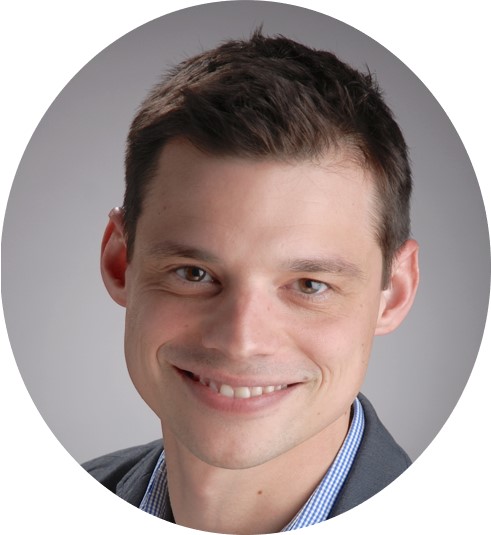
Rob Sentz, Emsi
Rob Sentz is the chief innovation officer at Emsi, where he leads in furthering Emsi’s vision and research around labor market data and analytics for higher education, economic development, workforce development, and talent acquisition. Rob also heads up Emsi’s content creation to create meaning out of labor market data and to help a broad array of audiences improve the way they connect people, economies, and work. For the past 13 years Rob has created newsletters, videos, articles, white papers, and led courses on a wide range of economic and labor market topics. Under his leadership, Emsi data became regularly featured by national news outlets. Rob is a Forbes contributor and has also taught as an adjunct faculty member at the NYU School of Professional Studies. He holds bachelor’s and master’s degrees in environmental science. He enjoys photography and living in the Pacific Northwest with his family.
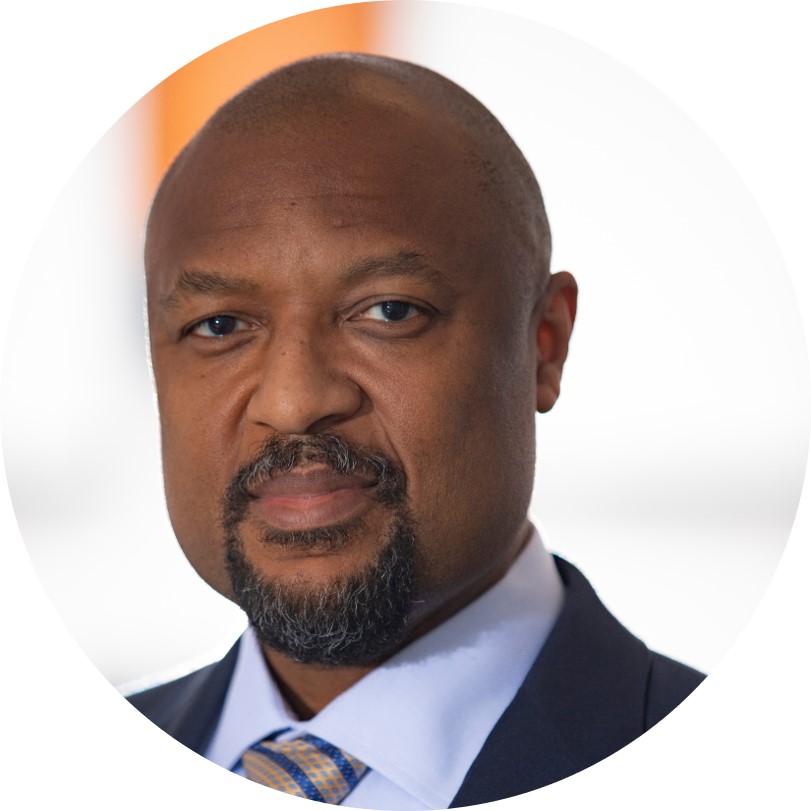
Charles Isbell, Georgia Tech
Dr. Charles Isbell received his bachelor’s in Information and Computer Science from Georgia Tech, and his MS and PhD at MIT’s AI Lab. Upon graduation, he worked at AT&T Labs/Research until 2002, when he returned to Georgia Tech to join the faculty as an Assistant Professor. He has served many roles since returning and is now The John P. Imlay Dean of the College of Computing. Charles’s research interests are varied but the unifying theme of his work has been using machine learning to build autonomous agents who engage directly with humans. His work has been featured in the popular press, congressional testimony, and in several technical collections. In parallel, Charles has also pursued reform in computing education. He was a chief architect of Threads, Georgia Tech’s structuring principle for computing curricula. Charles was also an architect for Georgia Tech’s First-of-its’s-kind MOOC-supported MS in Computer Science. Both efforts have received international attention, and been presented in the academic and popular press. In all his roles, he has continued to focus on issues of broadening participation in computing, and is the founding Executive Director for the Constellations Center for Equity in Computing. He is an AAAI Fellow and a Fellow of the ACM. Appropriately, his citation for ACM Fellow reads “for contributions to interactive machine learning; and for contributions to increasing access and diversity in computing”.
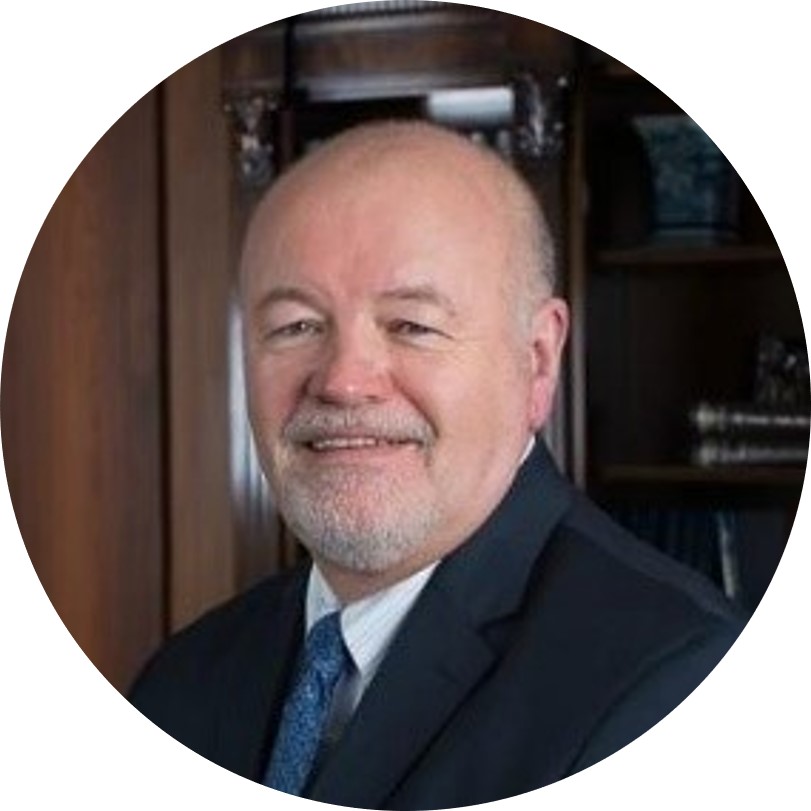
David Winwood, Louisiana Business & Technology Center
David Winwood, PhD, RTTP, is Interim Executive Director of the Louisiana Business & Technology Center and the LSU Innovation Park. A Past President of AUTM, Winwood managed technology transfer and economic development at the University of Alabama at Birmingham, North Carolina State University and The Ohio State University, holding adjunct professor appointments at each of those universities. He has directed groups responsible for managing more than 2,300 inventions, 500 licenses and helping to launch more than 70 startups. He previously served in research, business development and leadership roles in three startup businesses, with responsibilities including fundraising and corporate partnership development

Daron Green, Facebook
Dr. Daron Green is responsible for strategic oversight and operational delivery across all of Facebook’s external research engagements and collaborations. He works with all of the Facebook research leads to ensure that their strategic goals can be realized and that Facebook actively partners with the academic research community in open, collaborative and mutually beneficial research engagements. Prior to joining Facebook Research, Daron led Microsoft Research’s Outreach activities and was responsible for their global collaborative research investments. Previously he was general manager of Microsoft’s Technology Policy Group, responsible for identifying business opportunities and innovations likely from potential disruptive technologies. In that role, he provided oversight for key mechanisms for Microsoft’s internal processes of innovation and ideation such as ThinkWeek and external efforts such as Microsoft’s Cloud Research Engagements and Microsoft’s Environmental Sustainability program. Prior to this, he was general manager for Microsoft Research’s external engagement and investment strategy. With a global portfolio which included diverse topics such as Health and Wellbeing, Education and Scholarly Communications, Computer Science, and the Environment. Daron’s initial research background was in molecular modeling and equations of state for fluid mixtures—his BSc is in Chemical Physics (1989, Sheffield) and PhD in molecular simulation of fluid mixtures (1992, Sheffield). He went on to do post-doctoral research in simulation of polymer and protein folding (1993–4, UCD). This led to application porting and optimization for large-scale parallel and distributed computing in a range of application domains including computational chemistry (molecular dynamics and quantum mechanical codes), radiography, Computational Fluid Dynamics, and Finite Element analysis. Daron then moved more fully into HPC and was responsible for some of Europe’s largest HPC Framework V programs for the European Commission, major HPC procurements in the UK for the UK Research Councils and UK Defense clients; he also led detailed investigations into the maturity and adoption for European HPC Software tools (published). From there, he went to work for the SGI/Cray—helping to set up the European Professional Services organization from which he span out a small team out to establish the European Professional Services for Selectica Inc. Selectica specialized in online configuration/logic-engine technologies offered via web services. Given an HPC/distributed computing background and familiarity with the then embryonic area of web services, IBM invited Daron to help establish its Grid Computing Strategy and emerging business opportunity (Grid EBO) team. He subsequently moved to British Telecom to head-up its Global Services business incubation and, as part of this, in 2007 he established and launched BT’s Sustainability practice, responsible for BT’s business offerings to commercial customers which help reduce their carbon footprints and establish business practices which are sustainable in terms of their social and economic impact.
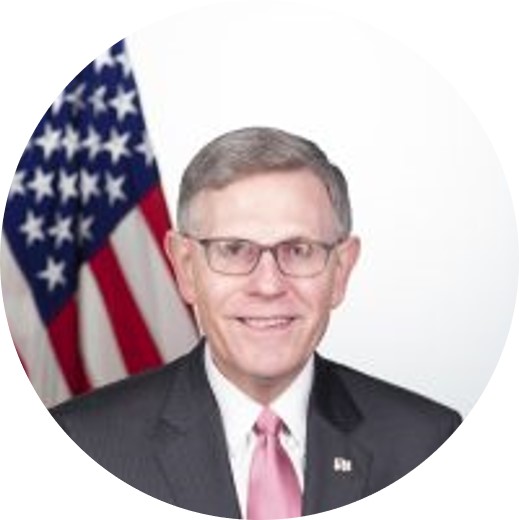
Kelvin K. Droegemeier, The White House Office of Science and Technology Policy
As Director of The White House Office of Science and Technology Policy (OSTP), Dr. Kelvin K. Droegemeier serves as President Donald J. Trump’s science advisor and leads OSTP in its coordination of science and technology initiatives across the Federal Government. Kelvin’s background is in extreme weather, numerical weather prediction, and data assimilation.
Before joining The White House, Kelvin served as Vice President for Research and Regents’ Professor of Meteorology at the University of Oklahoma, where he joined the faculty in 1985 as Assistant Professor of Meteorology. In his 33 years at the University of Oklahoma, Kelvin generated more than $40 million in research funding and authored or co-authored more than 80 refereed articles and 200 conference publications. He also co-founded, directed, and led the National Science Foundation (NSF) Science and Technology Center for Analysis and Prediction of Storms (CAPS) and served as co-founder and Deputy Director of the NSF Engineering Research Center for Collaborative Adaptive Sense of the Atmosphere (CASA). Kelvin served two six-year terms on the National Science Board, the governing body of the NSF, including the last four years as Vice-Chairman, having been nominated by Presidents George W. Bush and Barack Obama and twice confirmed by the United States Senate. He has also served on and chaired numerous national boards and committees and is a Fellow of the American Meteorological Society and American Association for the Advancement of Science. He was appointed in 2017 as Oklahoma Cabinet Secretary of Science and Technology. Born in Kansas, Kelvin earned a B.S. in meteorology from the University of Oklahoma and M.S. and Ph.D. degrees in atmospheric science from the University of Illinois at Urbana-Champaign.

Mike Matthews, Montana State University
Dr. Matthew W. Fields is Director for the Center for Biofilm Engineering (CBE) and also Professor in the department of Microbiology & Immunology at Montana State University. The CBE was established in 1990 with initial funding from the NSF (ERC program) with the mission of advancing basic knowledge, technology and education required to understand, control and exploit biofilm processes. Through interdisciplinary research with both fundamental and applied aspects, industry collaborations are inspired by interests of seeking and finding solutions to real-world problems. Today, more than 30 years after inception, industrial interactions with the CBE range from independent testing projects to challenge-inspired research to method/technology innovation. Also crucial to the value proposition for industry interactions, the CBE continues education and outreach endeavors that bridge innovation, method standardization, and regulatory science. As director, he oversees the research of CBE affiliated faculty, staff, and students across 7 academic departments (within 3 colleges) as well as interfacing with industry and government across health, environment, and energy sectors. To date, he has authored or co-authored over 100 scientific publications. He earned his B.S. in biology and chemistry from Western Kentucky University, his M.S. in biological sciences from Mississippi State University, his Ph.D. in microbiology/biochemistry from Cornell University, and did postdoctoral research at Oak Ridge National Laboratory.
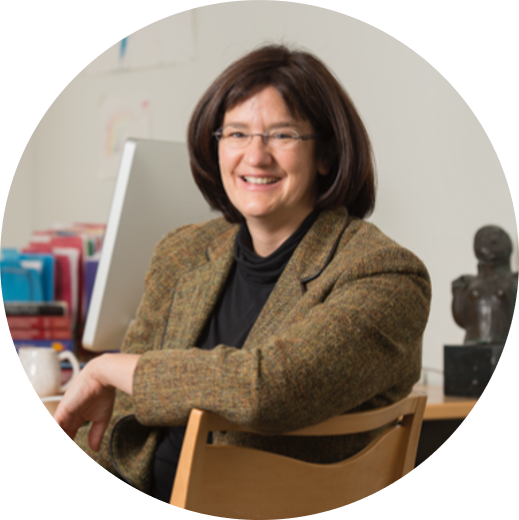
Kathryn A.”Kam” Moler, Stanford University
Kathryn A.”Kam” Moler, Vice Provost and Dean of Research, Vice President for SLAC National Accelerator Laboratory, Professor of Applied Physics and of Physics. Kathryn A.”Kam” Moler is the Vice Provost and Dean of Research, Vice President for SLAC National Accelerator Laboratory, and Professor of Applied Physics and of Physics at Stanford University. She conducts research in magnetic imaging, develops tools that measure nanoscale magnetic fields, and studies quantum materials and devices. Among other honors, she received a national Presidential Early Career Award for Scientists and Engineers, held a Packard Fellowship for Science and Engineering, received the William L. McMillan Award “for her fundamental studies of the superconducting pairing state, Josephson vortices, and the role of interlayer coupling in high-temperature superconductors,” and was elected a Fellow of the American Physical Society. To honor her sustained commitment to teaching, the American Association of Physics Teachers awarded her the Richtmyer Award for Outstanding Leadership in Physics Education, and Stanford appointed her as the Sapp Family Fellow in Undergraduate Education. She was previously the Senior Associate Dean of Natural Sciences in the School of Humanities and Sciences and the Director of the Stanford Nano Shared Facilities.


